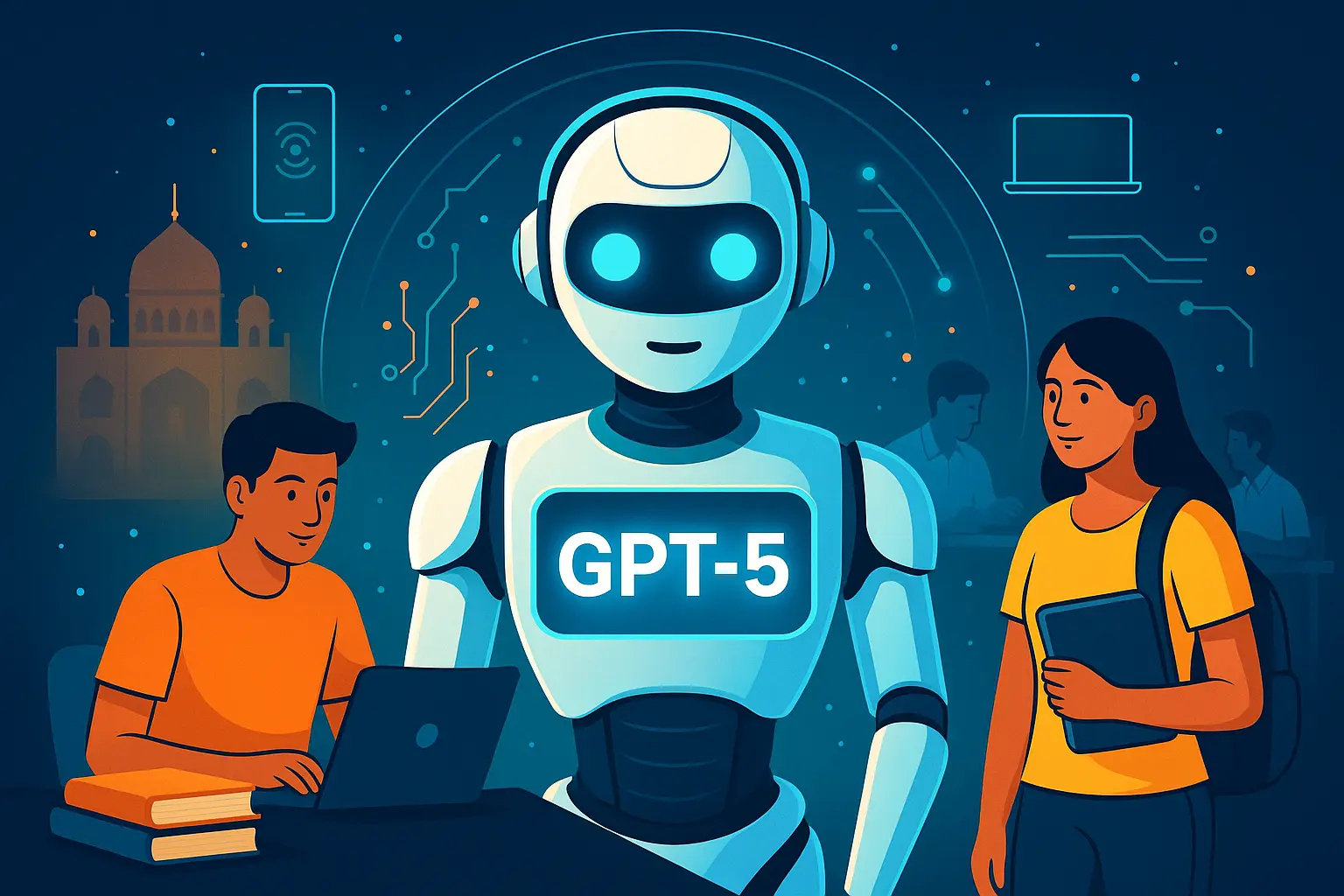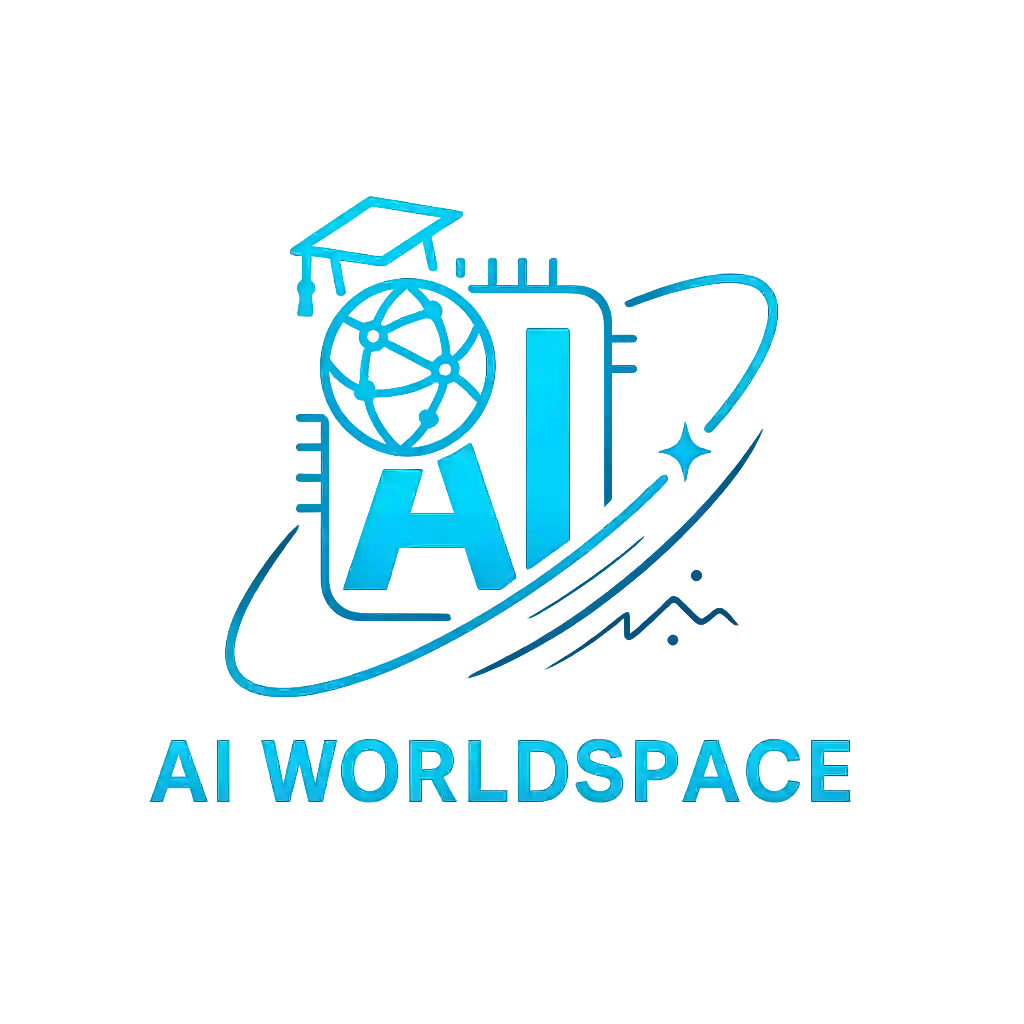London, UK | July 17, 2025 | Read Time: 4 mins
Ai News Summary:
London's LSE has launched a new AI research centre that could soon help humans understand their pets’ emotions. This global effort is also sparking fresh curiosity across India’s growing AI space.
AI News India Update: Can AI Really Decode Your Pet’s Emotions?
In a groundbreaking move, the London School of Economics (LSE) has launched the Jeremy Coller Centre for Animal Sentience — a facility focused on using AI to understand animal emotions. This development has grabbed attention not just in the UK, but also among AI researchers and pet-tech startups in India.
The centre is backed by a £4 million investment and aims to use AI to decode signals from pets — from tail movements to vocal patterns — and translate them into something humans can understand
Article हिंदी में पढ़े : अब AI सिर्फ इंसानों की नहीं, जानवरों की भी समस्याएं सुलझाएगा — लेकिन कैसे?
How AI Helps Understand Animal Emotions — And Why India Is Watching
Set to open fully by 30 September 2025, the centre will bring together neuroscientists, AI engineers, veterinary scientists, and ethicists. Their shared goal: to develop AI-based pet communication tools that help humans better care for their animals.
For example:
- AI might detect that a dog is scared during fireworks.
- It could translate a cat’s body language to indicate pain or discomfort.
- The tool could suggest behavioural changes or alerts based on emotional states.
These developments are being closely followed by India’s AI for good ecosystem, especially startups in Bengaluru, Hyderabad, and Pune that are building AI tools for animal care and veterinary support.
AI Developments for Pet Care Come With Ethical Questions
Many experts, including some in India, have warned that AI decoding pet language could be prone to bias. What if the system tells you your pet is happy — just because the owner wants to hear that?
Misinterpretations could lead to mishandling emotional distress, especially in cases like separation anxiety or illness. That’s why the LSE centre is also focusing on global AI ethics frameworks — something India’s policymakers are also now exploring under Digital India 2.0.
India’s Role in Global AI Research on Animal Communication
While the centre is based in London, its work is expected to influence AI research trends in India as well.
From robotic animal tech to AI-enabled wildlife conservation, Indian institutions and startups are increasingly exploring how AI and veterinary science integration can transform how we treat animals.
Several Indian universities, including IISc and IIT Delhi, have ongoing collaborative projects in AI-human-animal interaction models — and are watching this LSE experiment closely for real-world learnings.
Also read:
UP MLAs to Get AI Training? Here’s Why the Government Thinks It’s a Game-Changer
#ai,#ainewsupdate,#AIpettranslatortool, #Digitalindia2025,#indiaAimission
















